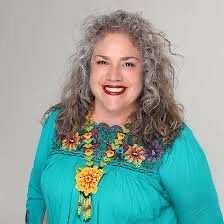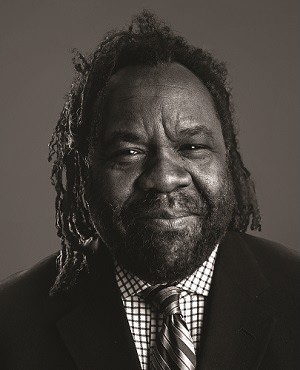| By Lindsey Gervais, Digital Learning Manager, Gale |
Librarians and educators in the United States are operating within the most challenging environments facing any professional today. The expectations are high for them to continuously adapt to the conditions created by the global pandemic, which are complicated by the traumatic current events forcing our country to confront a history of racist policy and behavior.
To meet this moment, Gale brought together experts in diversity, equity, and inclusion (DEI), teacher preparation, and social and emotional learning to share their experiences and best practices about what it means to reframe education for DEI in a postpandemic world. In a 45-minute recorded session, three leaders at the forefront of advocacy and activism shared their tips for developing a culturally responsive classroom, redefining curriculum and program development, and self-care. They brought an empowering message to help us take part in this nationwide movement.
In order to stress the importance of personal reflection; self-care; and diving into one’s own concepts of identity, race, and inclusion, Marisol Rerucha, chief of strategy and partnerships for the National Parents Union, modeled a personal narrative to help us look inward and “begin the work of transforming ourselves” by explicitly identifying the intersections of her life that made her who she is and its impact on her engagement with others. She shared that from an organizational perspective:
“it is time to invite our community and staff into the work, and what this means is that we are establishing a system . . . for bringing voices into the work.”
Rerucha provided some questions and thoughts to help scaffold this inclusive setting:
- What are your agreements? What are your codes of conduct?
- How are these agreements inclusive of all the voices in the mix?
- How are you going to agree to work together?
- How will you engage with these agreements on a consistent basis (every meeting)?
Next, we were joined by Alexs Pate, president and CEO of Innocent Technologies and a New York Times bestselling author, whose latest book, The Innocent Classroom: Dismantling Racial Bias to Support Students of Color, was published in 2020 by ASCD. Pate emphasized the level of urgency there is to change the way we structure the classroom during this “wake of social and racial upheaval” by bringing innocence back into our children’s lives. To do this, he stressed that the success of our children:
“depends on their relationship with us . . . and every positive or negative behavior that takes place in space you control has something to do with the quality of your relationship with them; children of color especially need us to be there in a way we may not have been necessarily been prepared for.”
Pate provided advice for redeveloping this relationship with children when it comes to instilling this level of inclusion and innocence within them:
- Consider what children may or may not know about the world around them, their school and their race, regardless of age.
- Telling children how we see them, understand them, and care for them, even when they can’t tell us or deny it, isn’t enough—we have to show it.
- Guilt over the predestined success enveloped by stereotypes for children of color impacts the relationship between teacher and student. We must remove this stereotype in order to inspire that child as they move on in their school life.
Lastly, Dr. David Chard, interim dean of Wheelock College of Education & Human Development at Boston University, discussed how the university is pursuing strategic initiatives to approach diversity, inclusion, and systemic racism in higher education. He shared that it’s essential that as individuals and as an organization:
“we recognize our role in analyzing and dismantling systemic racism and creating a more just world for future generations.”
. . . while removing the notion that:
“race is a relevant feature in defining potential and opportunity for children; youth; and, frankly, adults.”
Dr. Chard prefaced his recommendations by saying our first step is to look deep within ourselves to discover our own role in uncovering system racism and determine how we can reeducate ourselves. He recognized that systemic racism is multidimensional and multilayered, and shared the higher education activities with the stakeholders involved with revealing those layers, which included:
- Developing individual plans for each faculty member and opening up their curriculum components to determine where systemic racism may be “baked in.”
- Using the humanities as the first natural step in unpacking social injustice and system racism, because it’s the perfect cannon to think about writers from other parts of the world with different voices who have contributed to events and themes associated with systemic racism.
- Developing programs and relationships between the university and local city programs helps to increase the voices involved in uncovering the layers that contribute to issues in systemic racism.
That’s just a snippet of the tips and insights provided by our panel of experts to empower you in your unique and essential role in providing equal-access, equal-opportunity education, and high levels of learning for all!
Looking for more? Explore this FREE TRIAL of the Gale eBooks Leadership Collection to see how you can continue turning insights into action!
Meet the Author
Lindsey Gervais, PhD, is a digital learning manager at Gale where she assists in the learning design and development of the Gale Digital Scholarship Program. With a doctorate background and research recognition in the field of Cognition, Instruction, and Learning Technology, Lindsey is helping to elevate the instructional framework of the Gale Digital Scholar Lab. She is a graduate of UCONN and taught Educational Psychology and Research Practicum for undergraduate and graduate students for six years. She also prides herself on her creativity, extensive coffee knowledge, and devotion to the performing arts.




